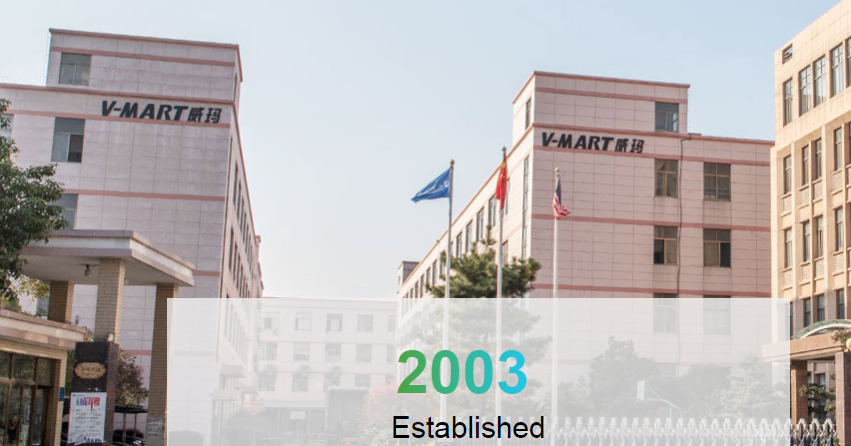Summary:PTC Calentador, short for Positive Temperature Coefficient heater, stands as an advanced heating technology utilizing sp...
PTC Calentador, short for Positive Temperature Coefficient heater, stands as an advanced heating technology utilizing specific material properties. The Positive Temperature Coefficient effect inherent in these materials leads to a notable surge in resistance with temperature rise, allowing for automatic regulation of the heating element. This distinctive feature renders PTC heaters highly versatile and apt for diverse industrial heating applications.
PTC calentadores find extensive application in industrial spaces such as warehouses, manufacturing plants, and workshops, ensuring efficient space heating for a consistent and comfortable working environment. They are also vital in various industrial processes like drying, curing, molding, and annealing, offering precise and controlled heating to prevent overheating and maintain optimal processing conditions.
Agricultural facilities, including greenhouses, make use of PTC heating elements to regulate temperatures, promoting better plant growth by maintaining the ideal warmth necessary for plants, especially during colder periods. PTC heating elements are also integrated into vehicles to provide efficient cabin heating, defrosting of windshields, and warming of car seats. Their rapid heating ability ensures quick warm-up times and energy-efficient operation.
The food processing industry benefits significantly from PTC calentadores, where they precisely control temperatures during production, drying, and packaging processes, ensuring food safety and quality. Similarly, in the chemical industry, PTC heaters are utilized to heat and maintain optimal temperatures during chemical processes, ensuring safe and efficient operations.
In the medical sector, PTC heaters play a crucial role in medical devices that require controlled heating, such as incubators, sterilization equipment, and warming pads for patients. They contribute to maintaining accurate and stable temperatures critical for various medical procedures and treatments.
The standout feature of PTC heaters is their self-regulating capability. As the temperature increases, the resistance of the heating element also increases, allowing for automatic regulation and preventing overheating. This intrinsic safety feature enhances the reliability of the heating system and ensures energy efficiency.
Moreover, PTC heating elements are highly energy-efficient, consuming less power once they reach the desired temperature. This efficiency not only leads to energy savings but also reduces operational costs, making them environmentally friendly and economically advantageous. They provide rapid and uniform heating across the surface area, distributing heat evenly and ensuring efficient and effective heating in a short span of time.
PTC calentadores are known for their longevity and durability, with materials that can withstand repeated heating cycles without deteriorating. This longevity translates to a longer operational life and reduced maintenance requirements. Additionally, their self-regulatory nature results in lower maintenance needs, reducing wear and tear and minimizing the need for frequent maintenance.
Manufacturers can customize the shape, size, and heating capacity of PTC calentador elements to fit various applications across diverse industries. This versatility allows for tailored solutions, enhancing their utility and applicability across a wide range of industrial heating needs.
In conclusion, PTC calentador technology presents a myriad of benefits, making it a valuable and versatile solution for industrial heating needs. From efficient and self-regulated heating to energy savings and longevity, PTC heaters continue to revolutionize the way industries approach heating applications.




 China Steam Cleaning Machine SuppliersPrivacy
China Steam Cleaning Machine SuppliersPrivacy